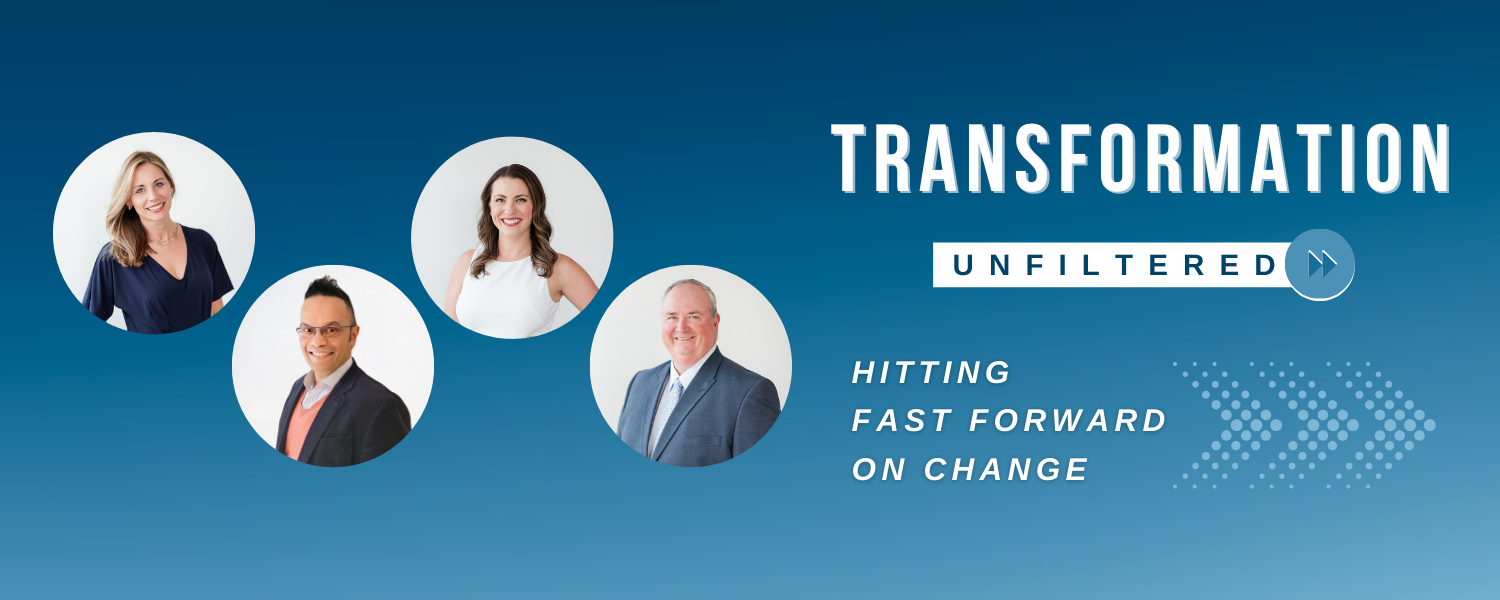Episode 11
The Emotional Advantage: How to Lead with Heart and Mind
Summary:
Alexa Beavers chats about the balance between emotional involvement and emotional intelligence at work. She explores how leaders often struggle, either reacting impulsively with passion or shutting down to remain overly composed. Highlighting neuroscience, she explains how emotions are processed before logic, thus serving as vital data points. The key is curiosity and intentionality, not suppression. Emotionally intelligent leaders harness emotions for insight, connection, and influence, avoiding both volatility and coldness. Alexa urges leaders to channel emotions effectively to inspire and create real impact, making emotions a tool rather than a hindrance.
Chapters:
0:00
Balancing Emotion and Emotional Intelligence in Leadership
0:46
Passion Without Control Leads to Workplace Tension
1:11
Emotional Wiring: The Brain's Limbic System and Connection
1:41
Harnessing Emotion as Insight Over Impulse in Decision-Making
2:15
Harnessing Emotional Intelligence for Effective Leadership
2:43
Engaging Emotions for Impactful Leadership
Host Alexa Beavers: linkedin.com/in/alexabeaverspmp
Executive Producer Jim Kanichirayil: linkedin.com/in/drjimk
Music Credit: "Lost in Dreams" by Kulakovka
Transcript
And then on the flip side, we've seen leaders so freaked out by being labeled emotional that they shut down completely and act like robots instead of human beings. Now, both extremes are a problem. So what's the difference between being emotional and being emotionally intelligent at work? I worked with a leader who was passionate.
Really passionate about their work. And what about when you have passion but no control? This is what was going on with this leader. It turned into outbursts and meetings, emotional reactions to feedback and tension that made the whole team walk on eggshells. They thought they were just being real, but what they were actually doing was creating instability and distrust because of their volatility.
o prided themselves on being [:The part of the brain that processes emotions. The limbic system is much faster and more established than our prefrontal cortex, the part that manages reasoning and logic. That means our emotions often pick up on important cues about the situation before we can apply logic to it. For that reason, emotion can be a powerful data point.
, and then they respond with [:Emotional intelligence isn't about suppressing emotions. It's about understanding them and knowing when to lean in and when to step back from them. When to let passion drive you and when to regulate your response. I. The best leaders don't explode, and they don't ice people out. They use emotions as data, as fuel, as a tool for connection and for influence.
So here's your gut check. Are you reacting or are you responding? Are you letting emotions control you or are you using those emotions to lead with intention? Leadership isn't about being robotic and it's not about being reckless. It's knowing about how to channel emotion to inspire, connect, and drive real impact.
The most powerful leaders don't avoid emotions. They engage with them,



